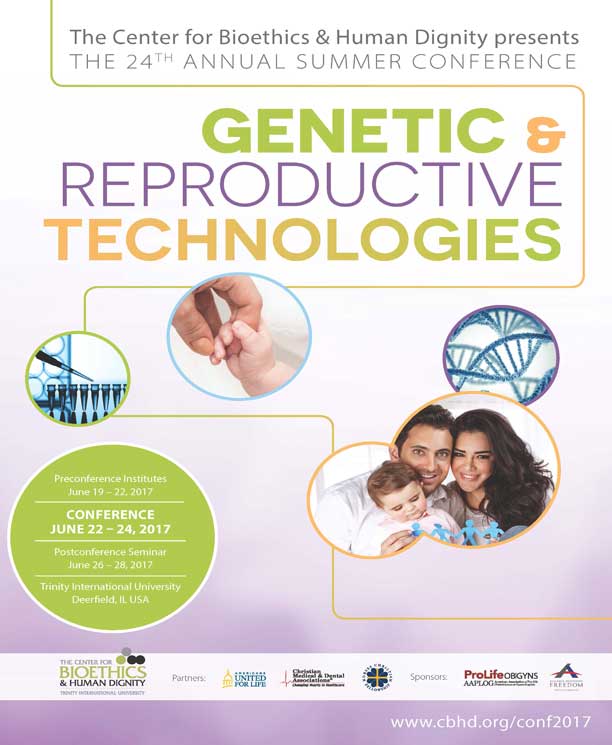
Orthodox Christian anthropological understandings of mankind maintain that humans are created in the image of God (imago Dei), the self-existent ontological Trinity. One aspect of being an image-bearer is that man has a rational nature whereby he employs his mind to reflect, think, and act. Deficient understandings of human anthropology see mankind as a collection of chemicals and evolutionary biology. Advancement in genetic and reproductive technologies have led to visions of the instrumental augmentation of the human mind in order to increase its cognitive capabilities. These methods include modification by biological means, as well as the melding of man’s mind with artificial intelligence, computers, and other advanced technology. Transhumanism is a philosophy that subscribes to the employment of technology to enhance human capabilities. Such philosophical conceptions that are open to the acceptance of chimeric mind design—hereby understood as the melding of two or more distinction entities of what rightly or wrongly is conceived to be a mind into a new singular conception—is now a conceptual task that is being explored in advancement of the science. Chimeric mind design employed by the scientific community has ethical implications that are presently not being articulated and addressed due to the inability for ethicists to keep pace with the rapidity of technological changes. One key ethical implication resulting from chimeric mind design is the understanding of in whose image is the resultant mind is made, God or man’s. Proper conceptions are necessary in order to have a correct understanding of important issues such as the resultant agent’s freedom and ontological dignity.